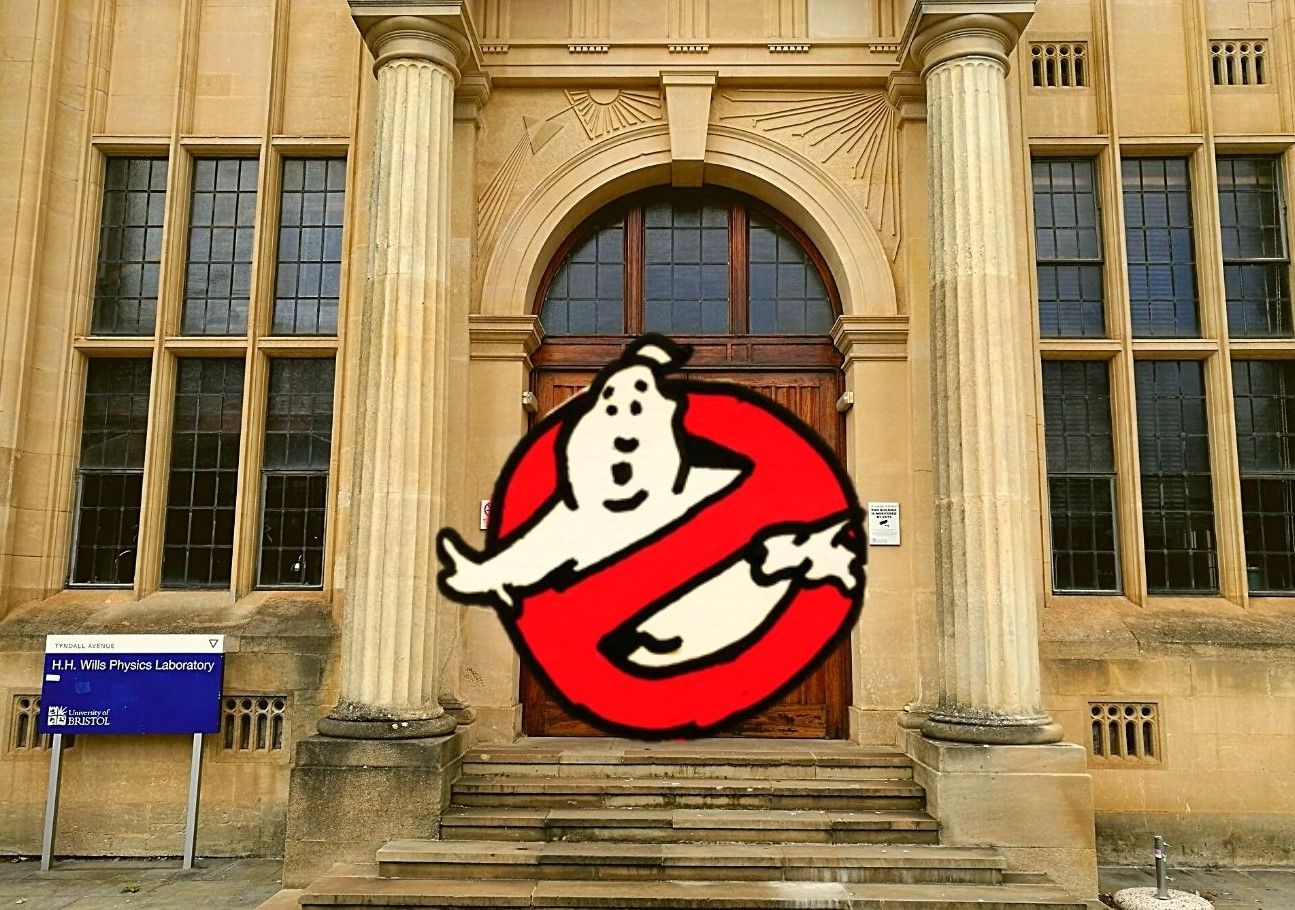By Sarah Dalton, SciTech Editor
Our SciTech Editor, Sarah, drives a scientific stake into some supernatural myths
As we indulge ourselves in the Halloween spirit this October, it seems easy to laugh at the supernatural. TV footage of paranormal investigators jumping at the twitch of the wind and horror stories told at sleepovers seem ridiculous to most people. ‘A pseudoscience,’ some might say.
Yet, plenty of scientists have dipped their feet into the muddy waters of the supernatural. Arthur Conan Doyle, creator of the fiction series Sherlock Holmes, was a trained physician himself, and yet became a firm defender of spirituality in the later part of his life.
In the 1920s, the accredited publication Scientific American was open minded enough to offer a significant financial reward to anyone who could provide conclusive evidence of ghosts. You may be surprised to learn that a number of universities today offer opportunities to conduct scientific research into parapsychology.
Plenty of scientists have dipped their feet into the muddy waters of the supernatural
So, how scientific is the supernatural? Firstly, it’s important to note that the most important indicator of whether something is ‘scientific’ is not the results you find, but how you conduct the experiment. Many modern ‘ghost hunters’ and ‘soul searchers’ are incredibly biased, as they embark on their research for the sole reason of already believing in the supernatural. Therefore, there is often a significant pre-existing bias.
TV series such as Sightings and Beyond Belief search for evidence to prove their pre-existing theories. However, in science something is not true because it is possible to prove it, but because it is impossible to disprove it.

Fear also acts as an extraneous variable in paranormal research. As humans, our brains are wired to want reasons and explanations for strange occurrences and when we fail to find any logical reason, we naturally turn to fear. This makes paranormal research very unreliable, as fear makes it difficult to objectively observe what is happening.
Although no-one has ever been able to study a ghost under controlled conditions, there have been attempts to quantify the soul. In 1901, Dr Duncan McDougal conducted an experiment in which he weighed the bodies of individuals in their dying moments.
In science something is not true because it is possible to prove it, but because it is impossible to disprove it
Dr McDougal pinpointed a 21 gram loss of mass in humans at the moment of death, and yet found no change in mass when repeating the experiment with dogs. Using this data and his pre-existing beliefs, Dr McDougal claimed that this 21 gram loss in humans was the mass of their soul leaving their body. A poor argument in the eyes of dog lovers…
Many counter-arguments have since been made, reducing the credibility of this study. Psychologist Richard Wiseman noted how the human body heats rapidly at the point of death and therefore, this change on the scales may simply be the result of sweating out moisture. Dogs, unlike humans, do not have sweat glands all over their bodies (hence why dogs pant).
Experiments and spooky sightings like this have been disproved by scientific explanations across the globe, many stemming from neurological occurrences in the brain or functions of the body.
My supernatural experience: The Man in White
Book Corner: Spooky stories for the modern reader
Currently, no one has yet been able to find conclusive evidence for the existence of the supernatural or paranormal activity, whilst conducting a well-controlled and repeated experiment. However, scientific discoveries are still being made each year and as a result, certain scientists continue to search for evidence of the supernatural.
Featured Image: Epigram/Ed Deacon and Sarah Dalton
Have you ever had a spooky sighting that you think science can't explain?









